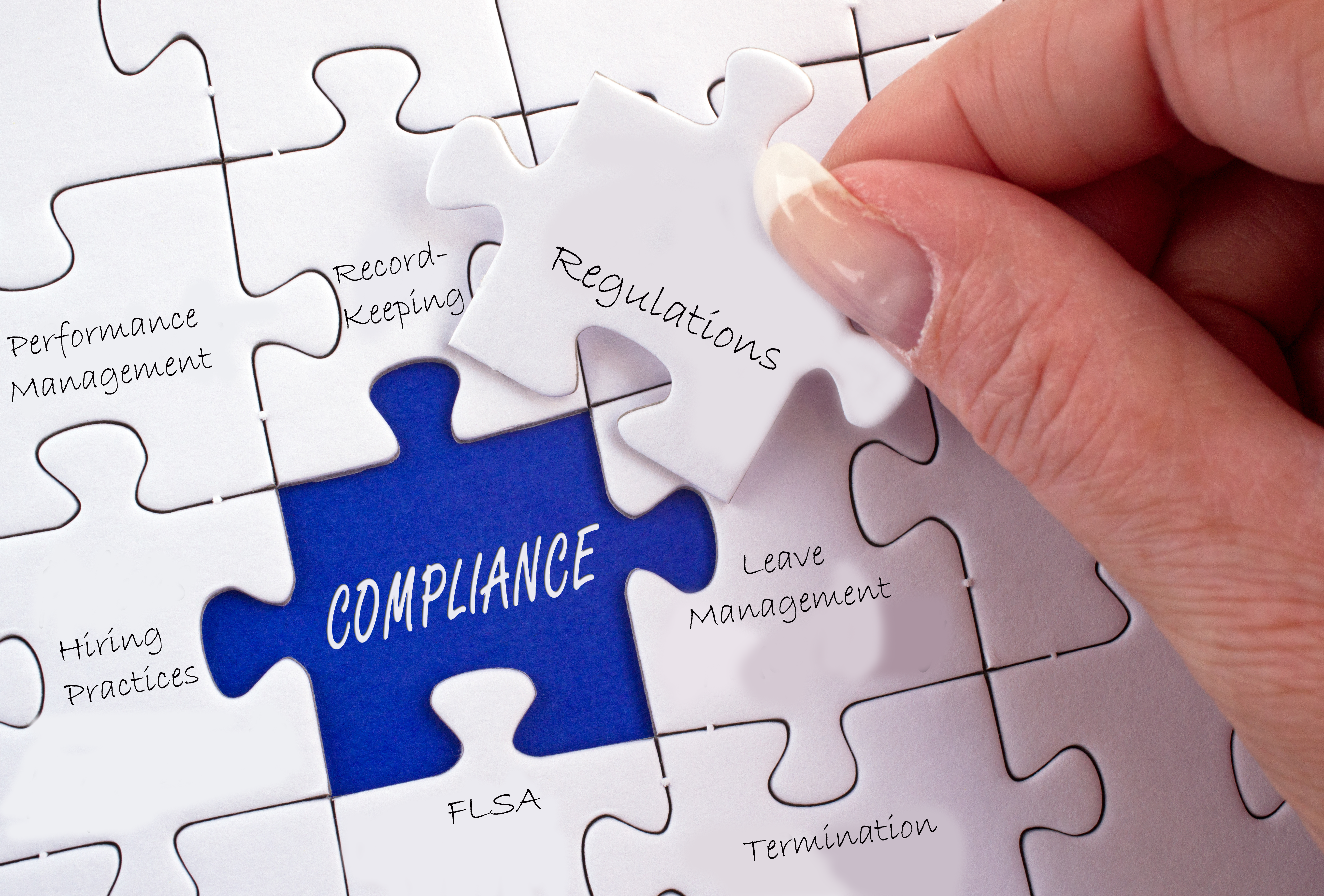DOL Civil & Criminal Penalties Increased
January 17, 2018
On January 2, 2018, the Department of Labor (DOL) entered into the Federal Registry and issued a final rule that increases the civil monetary penalties for a wide range of benefits-related violations that may be imposed on employers under various federal laws. In 2015, legislation enacted the Federal Civil Penalties Inflation Adjustment Act which requires annual adjustments to certain penalty amounts by January 15 of each year. The new 2018 adjustments are effective for penalties assessed after January 2, 2018, with respect to violations occurring after November 2, 2015.
Here are a few of the key penalty increases:
- IRS Form 5500
The maximum penalty for failing to file Form 5500 increases from $2,097 to $2,140 per day that the Form 5500 is late. This form must be filed annually for most ERISA plans. - Group Health Plans
The maximum penalty for failing to provide the summary of benefits and coverage (SBC) required under health care reform increases from $1,105 to $1,128 per failure. - GINA
Violations of the Genetic Information Nondiscrimination Act (GINA), such as establishing eligibility rules based on genetic information or requesting genetic information for underwriting purposes, may result in penalties of $114 per participant per day, up from $112. - Employer CHIP Notice
Failures relating to disclosures regarding the availability of Medicaid or children’s health insurance program (CHIP) assistance. - FLSA Requirements
Violations of the FLSA’s minimum wage or overtime pay requirements are subject to penalty increases from $1925 up to $1,964 per violation. - FMLA Posting
Violations of the FMLA’s posting requirement are subject to a penalty not to exceed $169 for each separate offense. This is an increase from the former penalty of $166. It is important to remember that covered employers must post this general notice even if no employees are eligible for FMLA leave.
Adjustments have also been made to other benefits-related penalties, including those for failure to provide certain information requested by the DOL and for certain defined benefit plan compliance failures.
It is important for employers to become familiar with the new penalty amounts and review their benefits plan administration, pay practices and safety protocols to ensure compliance with federal requirements.
Read the entire final rule which features additional penalty adjustments that became effective on January 2, 2018.


